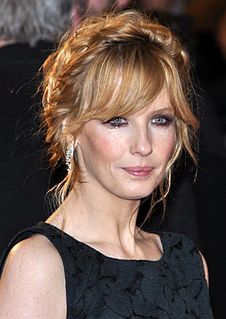A Quote by Dia Mirza
Related Quotes
Maybe I've been a small part of the democratisation of celebrity, because I've been fascinated by it, and when it started to happen to me to the very limited extent that it happens to writers in North America, I was exposed to people who had the disease of celebrity. People who had raging, raging, life-threatening celebrity, people who would be in danger if they were left alone on the street without their minders. It's a great anthropological privilege to be there.
I give celebrity my undivided indifference. Now that it's here, there's absolutely nothing wrong with it. And people who complain about celebrity and any kind of privilege are, all of them, whinging morons, and they should keep their first-world problems to themselves. I feel very strongly about that.
I don't like the word celebrity. If I become a good actress and be in movies where I'm expected to be a good actress, who is recognised, that's different to being what I consider to be a celebrity. My job is an actor and that's what I'm passionate about and adore. It's a privilege to be able to do this job for a living.
The only way to be a champion is by going through these forced reps and the torture and pain. That's way I call it the torture routine. Because it's like forced torture. Torturing my body. What helps me is to think of this pain as pleasure. Pain makes me grow. Growing is what I want. Therefore, for me pain is pleasure. And so when I am experiencing pain I'm in heaven. It's great. People suggest this is masochistic. But they're wrong. I like pain for a particular reason. I don't like needle's stuck in my arm. But I do like the pain that is necessary to be a champion.
Celebrity poverty, that's the hidden scandal in Blair's Britain. You can't help but worry for them. A girl I knew developed X-ray eyes for celebrity sorrows. She taught me to read the subtext of the down-market celebrity interview, she knew all the Hollywood codes, and followed the deep backgrounds.








































